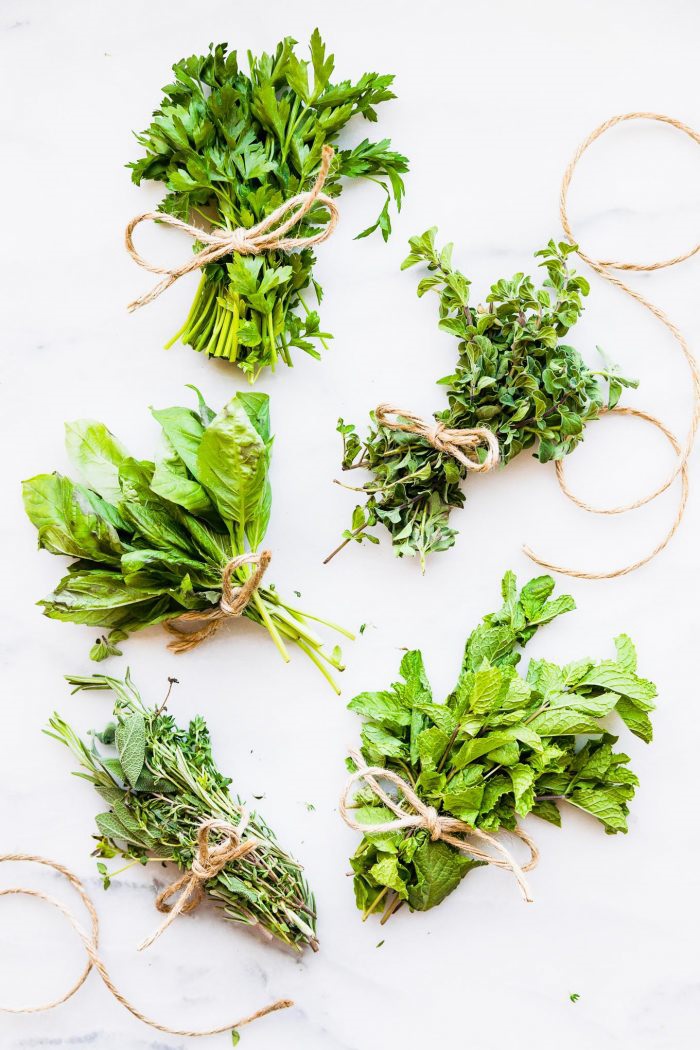- Plectranthus Amboinicus
Local names: Sede, Raivoki or Giant Sage
YOU might have seen a giant sage on one of your outings and this might be a good time to learn a bit about this plant. The sede, as described by the Healing Plants of Fiji book is a succulent aromatic herb that can grow up to one metre high and can have ascending small branches. It has flowers that bloom in sort of a pale blue or lavender to pink colour. This herb according to the book is widely spread through the tropics and where it’s originally from is unknown. The leaves as described in the book can be used for medicinal use as it can be chewed and swallowed for dry coughs. The book goes on to highlight that the leaf extracts of the giant sage are found to contain antimicrobial and anti-inflammatory properties.

Picture: EN.WIKIPEDIA.ORG
- Hydnophytum grandiflorum Becc.
Local name: Sekeseke
Now this is a plant that you don’t see often. You might not spot it like the rest of the plants we have featured because it’s habitually found on trees in forests along ridges that are close to the sea. The sekeseke is described in the Healing Plants of Fiji as an epiphytic plant with swollen ant-inhabited tubers that grow up to 30cm in diameter. The branches according to the book trails and can range from 0.3m to 2 metres long. This plant is endemic to Fiji, meaning it’s only found here.

Picture: HEALING PLANTS
OF FIJI
- Cestrum Nocturnum L.
Local names: Caucau, Senicaucau, Caucaunibogi, Kara, Lady of the Night or Night Queen
This is a plant that grows to 2 to 5 metres high and is often cultivated for its aromatic flowers. The plant according to the Healing Plants of Fiji is known to be from the Caribbean and part of Central America. It is often cultivated in the tropics. These plants are often found growing in gardens and forest from near sea level to 900 metres elevation as highlighted in the book. Studies have shown that the plant has a wide range of medicinal properties. The Healing Plants of Fiji highlights that the leaves of the caucau or lady of the night is used to treat an asthmatic condition.

Night. Picture: WWW.RESEARCHGATE.NET
- Cordyline Terminalis (L.) Kunth
Local names: Qai, Qaidamu, Vasili, Vasilidamu, Ti, Tikula or Masawe
The Cordyline Terminalis or the vasilidamu are not only used for medicinal purposes in Fiji but are also used in folk dances in villages. Men often use the vasili leaves to make meke skirt while ladies sometimes use the leave to serve food (dalo and cassava) during big family get-togethers. This plant according to the Healing Plants of Fiji has numerous small pink flowers that grow on a large inflorescence. Studies have shown that the plant is rich in anthocyanins(coloured water-soluble pigments belonging to the phenolic group), giving it a range of useful properties such as anti-oxidant, anti-inflammatory, anti-cancer and cardio-protective activities.




